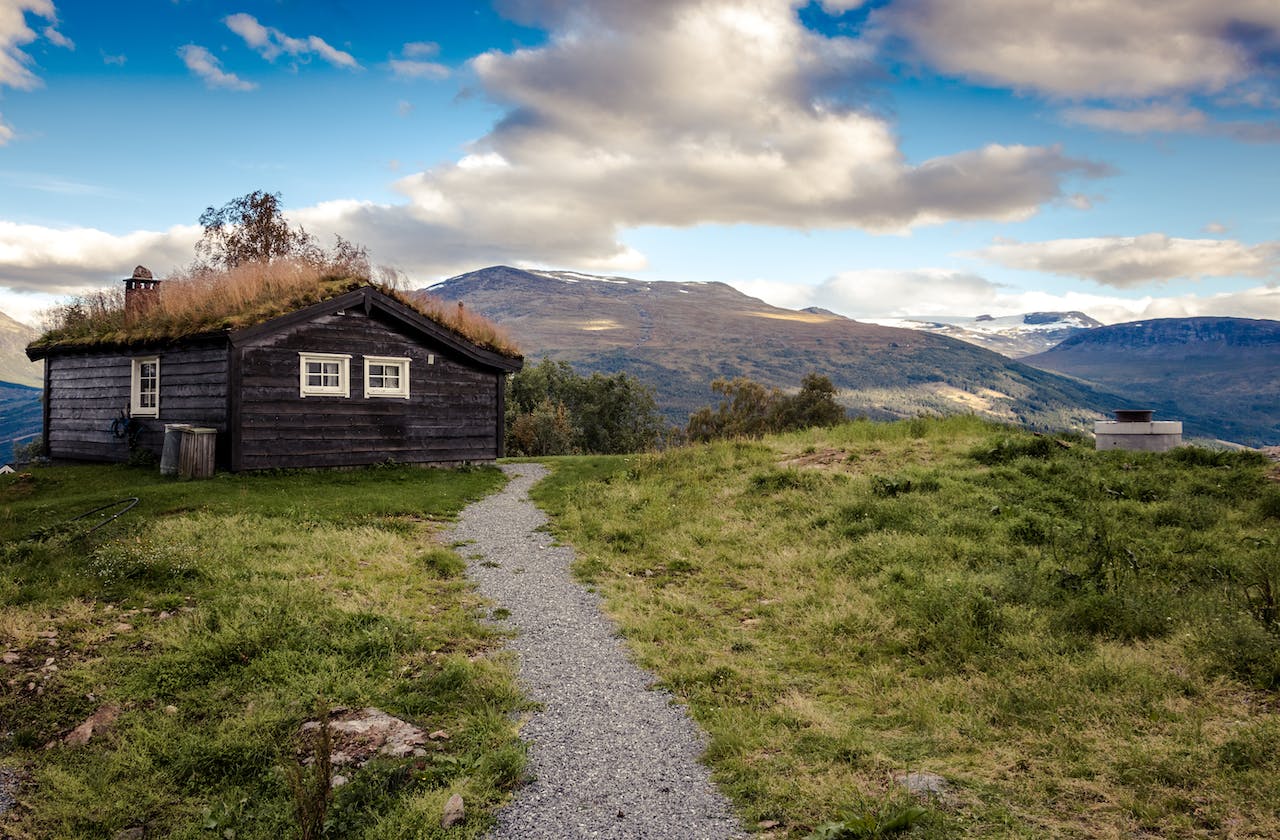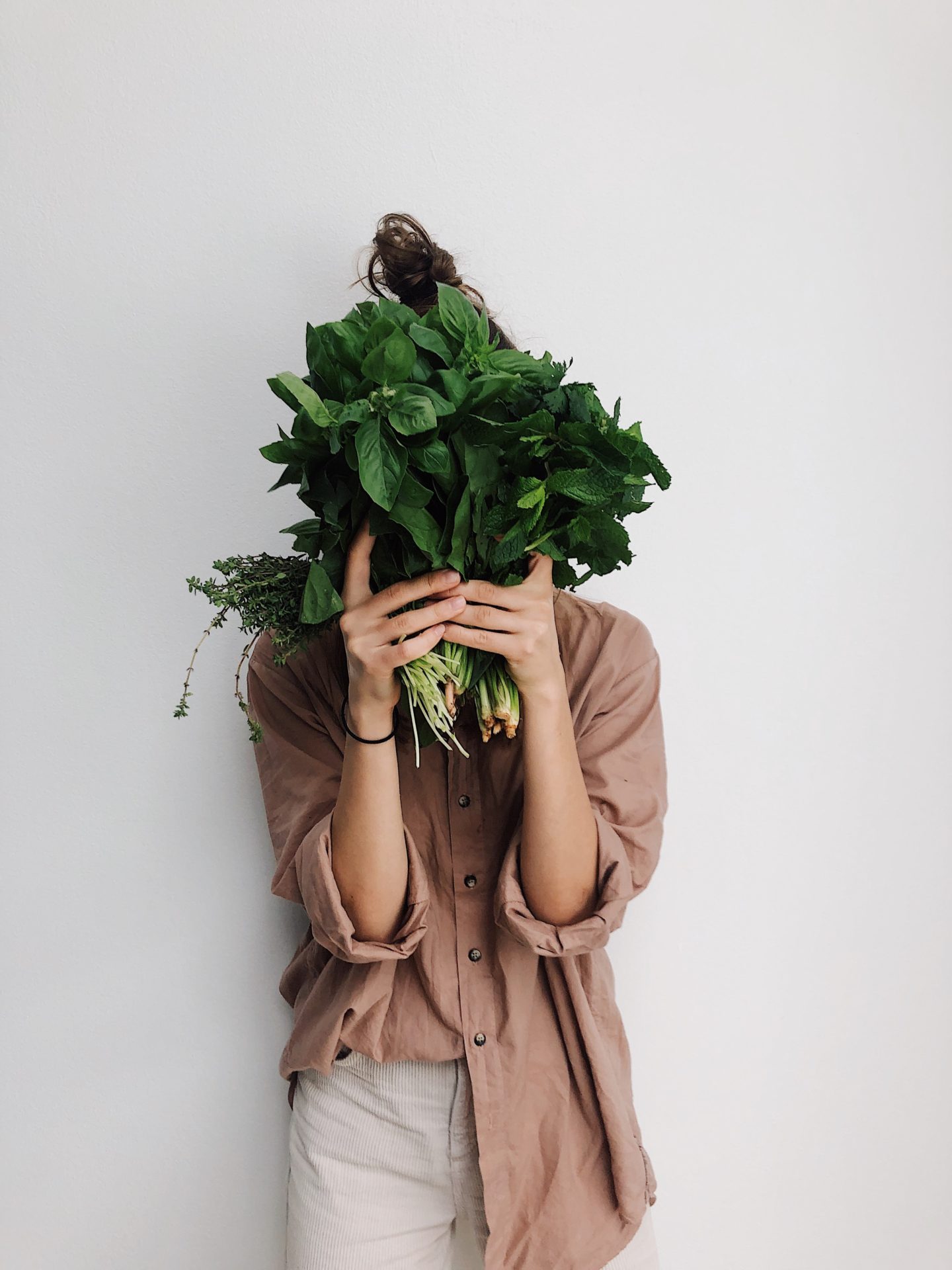Is Off Grid Living Right For You?

There’s no doubt that it’s eco-friendly. But is off grid living right for you? Here are some things to consider
By Chere Di Boscio
A few years ago, I decided it was time to leave the big city – that being London, in my case – and put my money where my mouth is, in terms of sustainable living.
I’d launched an ethical lifestyle magazine in 2013. But apart from buying more sustainable clothing and organic cosmetics, I felt that my lifestyle really hadn’t changed much.
For example? I was still going to the local supermarket and buying loads of produce wrapped in plastic. I was still living in an energy-leaking converted Victorian house. Unfortunately, I had no green space, no control over my food, water, or energy. And despite my best intentions, I frequently gave in to the social pressure of consumption. I was buying new clothes, makeup or household items I didn’t need, a lot. All just because I saw them and was tempted and it was easy.
I knew it was time for a change. So when the opportunity arose to move to rural Peru, I took it.
My life today
Today, I live in an eco-build house. It’s made of stones dug up from our building site, wood from the 2 trees we had to (sadly) cut, and adobe. We have a septic tank (rather than being connected to state sewage lines), and we use gas tanks for hot water and cooking (there’s no gas pipeline here). Our garden provides the lion’s share of our food. One of our showers runs on solar panels. We’re thinking of adding more solar energy to our home. The main reason? Strikes here cut off gas supplies for two months. Which led to loads of pretty serious issues.
With political and economic changes becoming increasingly intense around the world, it seems more people are talking about wanting to live more independently from the state. They’d prefer to rely on themselves to ensure their water, energy, food and gas supplies are steady. Others are simply concerned about reducing their environmental footprint. But is living off grid really for you? And is it even for me? After all, our house is still connected to the grid, though we do have solar backup.
There are definitely some pros and cons to living off grid. Here’s what I’ve learned. By sharing this knowledge, I hope I can help you decide: is off grid living right for you?

1. You don’t need to go totally off-grid for energy-efficiency
The first thing to consider when asking if off-grid living is for you is this: the cost. Or, in some cases, your DIY skill levels. Otherwise, you will need to pay someone to implement your new lifestyle, right?
I’m lucky that my husband is an architect. He told me as long as there’s reliable infrastructure where your house is, there’s no need to go completely off grid. That said, having ‘spare’ solar energy is not a bad option in case of blackouts.
He also told me that most new builds have already taken on board the latest environmental regulations for insulation, sustainable materials, and energy efficiency. Of course, if you build your own home, you can apply all of these factors yourself.
If you’re already a homeowner, you can consider making some changes to be more independent. This could include: setting up solar panels, water recycling systems or more efficient insulation systems.
If you’re not great at DIY, be sure you look for reputable architecture firms to help you install such systems correctly. Yes, environmentally-conscious, independent homes can exist, even in the middle of towns.
2. Self-sufficient gardens are possible, even in towns
Food security is becoming increasingly important to people as shortages are predicted after the global lockdowns that have been implemented recently. I’m lucky enough to have my own garden, but to be honest, I’m not a great food grower – yet. This takes know-how and practice. While some things I’ve planted have done really well (Swiss chard, kale, lettuce, beets), others (squash, blueberries) have kind of failed.
It’s important that you learn how to grow plants while having your own garden is still a ‘luxury’ rather than a necessity. But you can do this is the city, too, so long as you have some green space (which I didn’t, unfortunately).
As James Strawbridge, a sustainable living expert, explains, even an urban garden can grow an incredible amount of food. You can grow a lot indoors during the winter, in a conservatory, or by using a glass bell to protect small plants from the cold. Keep an eye out for foraging opportunities in towns.
Think:
-
- dandelions for jelly, tea and leaves for salad
- nettles for soup
- mushrooms for rice and pasta dishes or soups
- chestnuts
- berries like elderberries when in season
3. Off grid land is way cheaper
If you’re still wondering if off grid living is right for you, here’s one of the biggest benefits of off grid living: cheaper land!
Yep, it’s true. Land that’s not connected to the grid or water system will be much cheaper. It just makes sense. Connecting to the grid costs money, and if you’re not using those services, land that’s further out of the system will obviously come with a lower price. You’ll also save money on energy and water bills, too.
That being said, your start up costs, such as buying and installing off-grid systems like PV arrays and water treatment equipment can be expensive initially. But ultimately, you’ll be saving money in the long run. And you’ll be free from the control and price hikes of the utility companies.
4. You’ll need a backup
My husband was right: it makes sense to use the grid and use solar energy as a backup if that fails. But even if you’re totally off grid, you’ll need to have some kind of plan B, because no energy source is perfect. You should invest in a diesel, solar or biofuel generator for those times when the sun may not be shining so strongly, for example.
Solar generators are my first choice. They harness the power from the sun’s rays and convert them to electrical energy. This electricity can serve various applications, both in and outside your house. It provides you with a safety net when the electrical grid has failed you, an issue that will happen more than ever as increased demand and ageing infrastructures make outages an everyday reality for many.
They do take up space, though. If you’re in a tiny home on very little land, a biofuel generator may be your next best bet.
5. You’ll have to get handy
Another thing to consider when wondering if off-grid living is for you is your ability to learn. Assuming you’re living far from the nearest town, you’ll probably need to learn how to maintain and troubleshoot your own equipment. What if something goes wrong with your solar panels or water treatment systems? If there’s no expert nearby, you’ll need to learn how to deal with any problems yourself. The local plumber or electrician in remote areas may not be familiar with such new and specialised technologies.
6. You may not be allowed to
Surprisingly, even if you’re sure that yes, off-grid living is for you….surprise! Did you know living off the grid can actually be against the law in some places?
Problems may arise if overly restrictive city and county ordinances and zoning restrictions impair off grid living. Such ordinances can make it illegal to do certain things on or with your own property. It’s essential that you check the regulations within your county or municipality before you decide to raise livestock, produce your own power, or even simply build a greenhouse.
7. You can still live a modern life
There’s a misconception that off grid living means going back to the Stone Age. But that’s not true at all! You can still have all the mod-cons of the 21st century. We have a flat screen TV and smart devices, for example. But I know people who live off grid with heated swimming pools, even. It’s just that how you get the energy for these items will be differently achieved. And once you become aware of how energy intensive many of these conveniences are, it’s quite likely you’ll choose to live more minimalistically anyway.
So…is off grid living for you?
Living off-grid can teach us to build more sustainably, take a more ethical and responsible approach to managing our households, and be more self-sufficient wherever possible. That being said, there are very good reasons why we have national and regional utilities. After all, it can make sense from an economic, engineering and even environmental perspective to share and pool our resources as a community.
Living off the grid is right for you if you aim for total self-sufficiency, and are willing to put in the hard work required for technical maintenance. But if simply saving energy and living a greener life are your objectives, there are plenty of ways to do that without having to take yourself completely off the grid.
- How To Keep Your Dog Or Cat Hydrated This Summer - June 12, 2025
- Are Hartdene Barns The UK’s Most Eco Friendly Homes? - June 6, 2025
- What Is Greenwashing In The Home? - May 25, 2025








